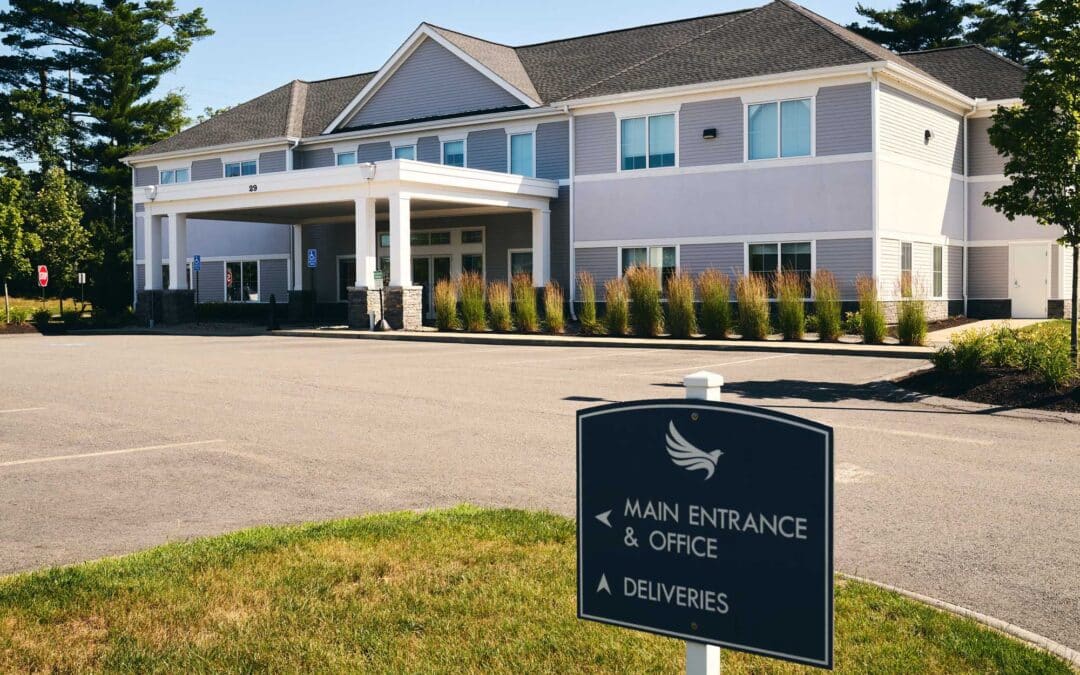Embarking on the journey to understand LSD and its complex withdrawal symptoms, we delve into a world that’s often shrouded in mystery and misconceptions. LSD, a substance that’s both celebrated and vilified, offers experiences that defy the mundane constraints of reality. However, the aftermath of its use is less often discussed, leaving many to navigate the choppy waters of withdrawal with little guidance. This exploration aims to shed light on the less visible, more challenging aspects of LSD use: the withdrawal phase. Through understanding, we pave the way for compassion and effective support for those in need.
Understanding LSD: Street Names and Common Language
LSD, a powerful psychedelic drug known for its profound effects on the mind and perceptions, goes by many names on the streets. These aliases not only reflect the culture surrounding its use but also the clandestine nature of its distribution and consumption. Understanding these terms can provide insights into the world of LSD use and its place in both historical and contemporary drug culture.
Street Names for LSD
- Acid: Perhaps the most well-known nickname, “Acid” reflects the drug’s potent effects and its capacity to dissolve normal perceptions of reality.
- Blotter: This term comes from one of the most common forms of LSD distribution – absorbed onto sheets of blotting paper, often adorned with colorful and intricate designs.
- Dots: Similar to “Blotter,” “Dots” refers to the tiny squares LSD is often cut into, each intended as a single dose.
- Lucy: A more personable name for LSD, “Lucy” plays off the acronym for Lysergic Acid Diethylamide and personifies the drug, perhaps softening its intimidating reputation.
- Microdot: This term describes the small, pill-like form LSD can take, emphasizing the tiny size yet powerful effects of the drug.
Understanding these terms is crucial not just for those working in addiction and recovery fields but also for parents, educators, and anyone involved in preventative drug education. It helps bridge the gap between generations and cultures, facilitating open, informed discussions about the risks and realities of LSD use.
Understanding LSD Withdrawal
LSD (Lysergic Acid Diethylamide), widely recognized by its myriad street names such as Acid, Blotter, Dots, and Lucy, has been a significant part of psychedelic culture since its discovery in 1938. Its profound psychological effects can lead to an intense experience known as a “trip.” However, less discussed is the aftermath of regular LSD use — the withdrawal phase, which, unlike those from substances like alcohol or opioids, manifests primarily through psychological symptoms.
Psychological Symptoms of LSD Withdrawal
Withdrawal from LSD can be a disorienting, deeply personal experience, characterized by a range of psychological symptoms. These symptoms are not as widely recognized as those associated with other substances, partly because LSD is not considered physically addictive. However, the psychological grip it can hold over individuals can lead to a challenging withdrawal phase. Here’s a closer look at specific symptoms:
Anxiety and Depression
A common symptom post-LSD use is a heightened sense of anxiety. Individuals may feel an overwhelming sense of worry or fear, often without a clear cause. Depression can also set in, characterized by persistent sadness, loss of interest in activities, and an overall sense of hopelessness.
Confusion and Disorientation
Another hallmark of LSD withdrawal is confusion or disorientation. Individuals might find it difficult to process their thoughts clearly or feel detached from reality, struggling to differentiate between their thoughts and what’s happening around them.
Flashbacks and Hallucinogen Persisting Perception Disorder (HPPD)
Flashbacks, or sudden, vivid recollections of aspects of the LSD trip, can occur without warning. In some cases, these flashbacks are part of HPPD, a condition where visual disturbances and hallucinations persist long after the drug’s effects should have worn off. This can lead to significant distress and impairment in daily functioning.
Mood Swings and Irritability
The emotional rollercoaster doesn’t end immediately after the LSD effects wear off. Withdrawal can bring about severe mood swings and irritability. Affected individuals might find themselves rapidly fluctuating between emotions without any apparent reason, making it hard to maintain stable relationships and perform daily tasks.
Sleep Disturbances
Difficulty falling asleep, staying asleep, or experiencing restful sleep are common during LSD withdrawal. These sleep disturbances can lead to fatigue and exacerbate other withdrawal symptoms like mood swings and irritability.
Navigating the Withdrawal Phase
Understanding the nature of these symptoms is crucial for those going through them and their support networks. Recognizing that these are normal parts of the withdrawal process can provide comfort and encourage individuals to seek the help they need. It’s important to remember that while these symptoms can be intense and distressing, they are temporary and manageable with the right support and resources.
In navigating LSD withdrawal, a supportive environment, professional guidance, and self-care strategies become pivotal. Acknowledging the psychological impact of LSD withdrawal is the first step toward recovery, enabling individuals to reclaim control over their mental health and overall well-being.
Holistic Recovery Approaches for LSD Withdrawal
When it comes to recovery from LSD use, especially dealing with the psychological withdrawal symptoms such as anxiety, confusion, and flashbacks, a holistic approach can be remarkably beneficial. Holistic recovery focuses on healing the whole person – body, mind, and spirit – rather than just addressing the symptoms of withdrawal.
Mindfulness and Meditation
Mindfulness and meditation practices can be incredibly effective in managing the psychological effects of LSD withdrawal. By fostering a state of calm awareness, individuals can learn to observe their thoughts and feelings without judgment, reducing anxiety and improving emotional regulation.
Yoga and Physical Activity
Yoga and other forms of physical activity not only improve physical health but also contribute to mental well-being. The physical postures and breath control involved in yoga can help alleviate stress, enhance mood, and promote a sense of balance and grounding, which are vital during recovery.
Nutritional Support
Diet plays a significant role in recovery. A balanced, nutritious diet can support brain health and overall well-being, helping to stabilize mood and energy levels. Incorporating a variety of whole foods, rich in vitamins, minerals, and antioxidants, can aid in the body’s natural healing process.
Creative Therapies
Art, music, and writing therapies offer outlets for expression and processing of experiences. These creative forms can help individuals explore their thoughts and feelings in a constructive way, fostering healing and providing a sense of accomplishment and purpose.
Community and Support Groups
Recovery is not a journey to be undertaken alone. Support groups and communities provide a network of understanding and empathy, offering shared experiences and strategies for coping. Whether in-person or online, these groups can offer invaluable support and encouragement.
Holistic recovery approaches recognize the complexity of LSD withdrawal and the importance of addressing the multifaceted needs of the individual. By integrating these methods into a comprehensive recovery plan, individuals can work towards healing on all levels, laying the foundation for a balanced and sustained recovery.
Choose Liberty Health Services for LSD Addiction
Facing alcohol detox and addiction recovery can be a daunting process. As you can see, the alcohol detox timeline can be an ever-shifting goalpost if you do not have the right support. But you can take solace in knowing that you have assistance when you reach out to Liberty Health Services for help. Our addiction treatment center offers high-quality, flexible treatment options to help you heal. We understand that every individual struggling with addiction has unique recovery needs, and we will work with you to create a truly personalized treatment and recovery plan. You can contact us today via our secure online form or give us a call 855.959.4521 to discuss individualized treatment options.


